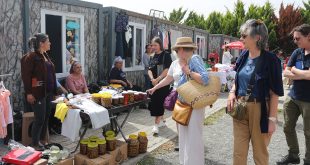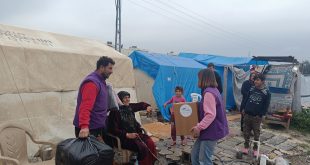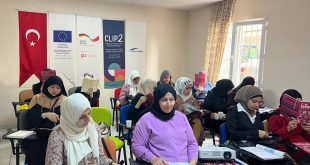The questions and problems of women who called the Mavi Kalem Free Consultation Line were also instrumental in the creation of the ‘COVID-19, Women and Health’ brochure series.
We have been conducting various studies on women’s health in disaster and emergency situations for years. The Covid-19 pandemic has increased the need for healthcare services in particular. However, women, unlike men and children, need reproductive and sexual health services. These were among the services that were pushed into the background during the pandemic. During the pandemic, women could not go to hospitals far from their homes, as many hospitals served as pandemic hospitals and the use of public transport was drastically reduced for fear of contracting the disease. This has increased women’s health risks associated with the pandemic, as well as reproductive and sexual health risks. Access to services that maintain their importance in every period, such as pregnancy controls, prenatal and postnatal care, has become more difficult.
The Covid-19 pandemic has amplified the roles imposed by gender inequality as well as women’s health needs. The workload at home has increased exponentially, with families spending their days at home due to quarantine measures and patient care. Both this workload and the process of children’s adaptation to distance education severely limited the time women could spare for themselves and increased the risk of burnout. The fact that patient care at home is mostly the responsibility of women has caused women to face more health risks associated with the pandemic.
We have prepared a series of brochures to make these aspects visible and to support women’s both physical and mental self-care during the pandemic. The questions and problems of women who called the Mavi Kalem Consultation Line were also instrumental in the creation of the ‘COVID-19, Women and Health’ brochure series. In addition to general information, we paid attention to include more concrete, daily life and special situations in the brochures. We cared to use an understandable language away from terms and we explained the terms we had to use related to the pandemic in the last brochure we added to the series. We shared the brochure series with the women living in our working areas and the institutions and organizations we are in contact with in order to enable it’s dissemination with their own working groups.
 Mavi Kalem Sosyal Yardımlaşma ve Dayanışma Derneği Hayata Rengini Kat!
Mavi Kalem Sosyal Yardımlaşma ve Dayanışma Derneği Hayata Rengini Kat!





